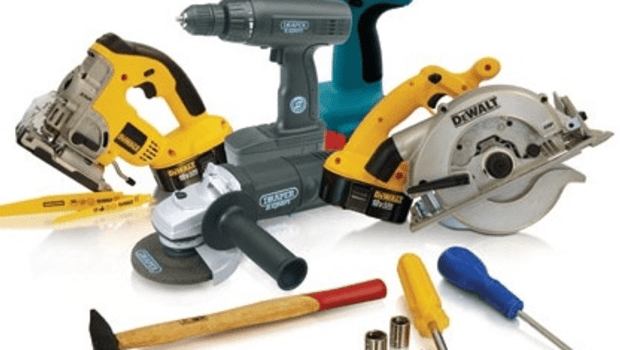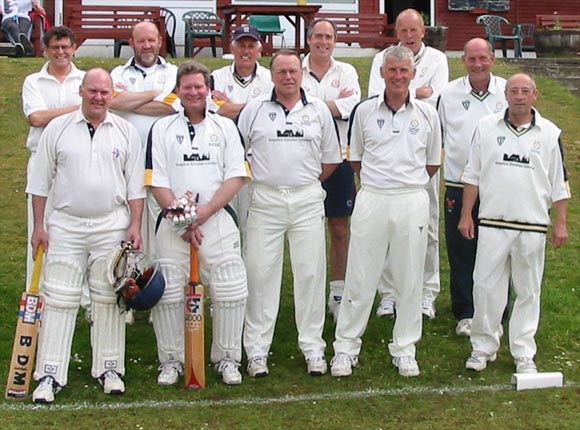-

-
Published on
24/08/2016
by Punchmedia
New 900 Store Hardware Player Emerges
A Merger of Home Timber & Hardware and Mitre 10 has been finalised, creating a new $2.2 billion hardware giant set to take on Bunnings.
Mitre 10's owner Metcash announced this week it would buy the Home chain, which has over 400 stores, from Woolworths for $165 million, creating a new 900-store player in the sector.
Woolworths put Home on the market after deciding to exit hardware, including its loss-making Masters chain.
The Hardware and Building Supplies Retailing industry has undergone significant structural changes over the past five years as large national retail chains have fought to capture more of the expanding DIY home improvement market. Masters entered the industry and spent billions rolling out a network of big-box stores to challenge Bunnings in this space. In response, Bunnings has continued to expand its existing network of warehouses, steadily lifting its market share and however this new joint venture is again set to challenge its dominance. The industry’s performance depends on private capital expenditure trends for new and existing properties. The largest market for industry operators is DIY customers who undertake renovation, maintenance and building projects on existing homes. Although tradespeople generally purchase hardware and building supplies from wholesalers, strong price competition between Bunnings, Masters and Mitre 10 has resulted in tradespeople purchasing more products from major hardware retailers over the past five years. Industry revenue is expected to grow by an annualised 7.1% over the five years through 2015-16, to reach $21.1 billion. This performance has been driven by solid growth in capital expenditure on private dwellings, with consumers increasingly undertaking renovations and DIY projects. Hardware retailers have also benefited from rising household discretionary income, with households becoming more willing to spend money on DIY alterations and renovations. In 2015-16, the industry is expected to maintain solid revenue growth of 7.2%, supported by favourable trends in new housing construction.Profitability
Industry profit is estimated to account for 8.9% of revenue in 2015-16. Profitability has improved over the past five years as retailers have reduced purchase expenses by bypassing wholesalers and sourced products directly from manufacturers in lower cost countries such as China. These countries produce hardware and building supplies with far lower labour and operating costs, with the savings passed on to customers through lower prices. Over the past five years, wage costs have decreased as a share of revenue, which has provided support for profit growth. To some extent, this trend reflects the increased market share concentration among the large companies that operate big-box stores. These stores can achieve economies of scale and therefore earn more revenue per employee. The industry’s major players have expanded rapidly over the period, boosting employment numbers, with industry employment projected to climb by an annualised 2.7% over the five years through 2015-16, despite labour-saving measures being introduced by larger retailers. These measures includes self-serve point-of-sale technology and automated stock control.Industry Structure
Wesfarmers is the dominant national player in the Hardware and Building Supplies Retailing industry, through its hardware chain Bunnings. The company has a market share substantially greater than its closest rivals and continues to expand at the expense of smaller independent players. The key to Bunnings’ success has been big-box retailing, which allows it to provide an extensive range of hardware products in one location while taking advantage of lower land and rental costs. Metcash, the industry’s other major player, operates Mitre 10 and True Value Hardware and has maintained its position through a combination of store ownership, franchising and wholesaling. The firm has made a foray into big-box retailing through its Mitre 10 Mega stores, but its primary focus has been supporting the operations of its many suburban and regional stores through aggressive advertising campaigns and group-buying power.Masters Exit
Woolworths dramatically increased competition in the hardware market following the opening of its Masters hardware stores. The first store opened in the Melbourne suburb of Braybrook in September 2011. Following the acquisition of Danks Holdings, Woolworths emerged as serious competition for Bunnings, and opened its 56th Masters hardware store in June 2015. However, after years of poor profit performance, and a decision by its partner (Lowe’s) to withdraw from the joint venture, Woolworths announced that it would either wind up or sell the Masters and Home Timber & Hardware retail chains in January 2016. Woolworths has incurred substantial losses while building Masters’ market share. Although Masters’ operations grew substantially over the past five years, Bunnings’ strong growth meant that its market share has only marginally decreased. While Woolworths stated that it intended to challenge the market dominance of Bunnings through Masters, its market share growth has come mainly at the expense of smaller hardware retailers in the industry.
Related articles



